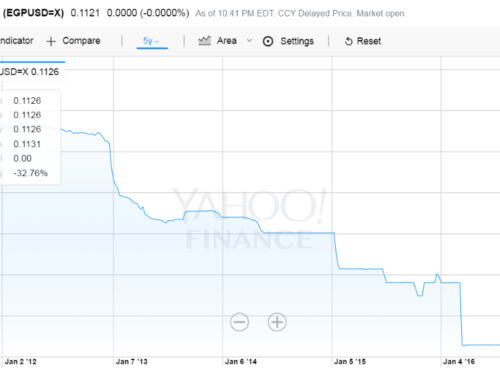I forgot to post this one! Crossposted on Foreign Policy Transitions.
Last Wednesday, hundreds or perhaps thousands of people took over Habib Bourguiba Avenue, Tunisia’s revolutionary epicenter. Not to protest the prime minister and his assembly, and not to make political claims of any kind. They weren’t carrying banners, but books. It was an odd sort of protest. People of all ages (though mostly young) sat on benches, on steps, under trees — and read. They were reading novels, comic books, political books, philosophy essays, and newspapers. The youngest, 4-year-old Laila, had a coloring book: Quite the young star, she didn’t skip a beat (or color outside of the line) as others took photos of her all day long.
All of them had answered a call for an event simply called “The Street Reads,” which invited people to join “the first silent protest on the avenue, with no political claims; just to prove that Tunisians do read, and that those who read are those who will change the world.” (Yesterday, on Sunday, they repeated it again for good measure.)
University student Taqwa Giga sat under a tree and read a Paul Auster novel, unfazed by the traffic of the central avenue. Her friend, Habib El Hafsy, went for a classic: He was reading the Quran. “We’re here to remind everyone that books are not neglected,” said Taqwa. “People are quite alienated from books, clicking away on their computers. They need to be reminded of the value and richness of books.” Habib found it hard to abide by the no-politics theme of the day. “The people who made the revolution didn’t just do it out of hunger; they did it out of consciousness,” he told me. “We may be a third-world country economically, but intellectually we definitely aren’t.” Their classmate, Ehsan Timoumi, jumped in: “After years of intellectual sidelining, we wanted to show that change comes from changing mindsets,” he said. “It’s unfortunate that Arabs in general have little awareness of the importance of reading. But it’s culture that will take the country forward.” He blamed the censorship of the old regime, which allowed only works that showed it in a positive light, for discrediting reading.
The demonstrators were quite positive about the awareness effect of their campaign. “Plenty of people stopped by to ask us what we were doing,” said Taqwa. “Some laughed at us and walked on. And some — did you see the man who was leaving when you came? We told him what we were doing, and he went and bought a newspaper, and joined us.” But there’s more to this “protest” than showcasing the importance of culture. Tunisians were once again reclaiming a public space. The first time, they reclaimed it as theirs to declare their political opinions, defying the Ministry of the Interior that stands at the entrance of the avenue, and which had set the dials of freedom of expression at close to zero. This time around they were claiming it as a space that didn’t necessarily have to be political.
Aside from a handful of paper-sized signs sheepishly raised by some of the readers and carrying simple messages such as “reading is power,” there were no political slogans to be heard. People went out in groups and sat down to read. In a way, this apoliticism is itself a political message. In essence, they’re saying: “Give us a break from the politicking.” As darkness fell, many left. Still, dozens of readers congregated on the steps of the National Theater. Some even pulled out candles. There I met Wedad Ben Mariem, a schoolteacher. “Reading really is part of my mission,” she told me with a smile. “The street is becoming a meeting point for people, and not just for protests. It’s wonderful for our country that people are regaining interest in reading, and this is just the beginning.”
Behind them were posters for a concert by the Tunisian singer Lotfy Bouchnaq, and someone stood and invited the readers to come to the concert. That was not to everyone’s liking. “He sang the praises of Ben Ali for too long,” hissed a man behind me. “I’ll be damned if I see his show.”
On my way out of the square, I stumbled upon two men wearing headbands declaring them “journalists forbidden from writing.” They had both worked at the newspaper Al Sabah; one of them was a former editor-in-chief. They accused the president of the paper of blocking them from writing even though he had not issued any official directive or taken any official decision on their suspension; a lawsuit is pending. This was a reminder that, laudable as the “Tunisia Reads” manifestation might be, the country still has a long road ahead of it before it attains true freedom of knowledge and expression.




